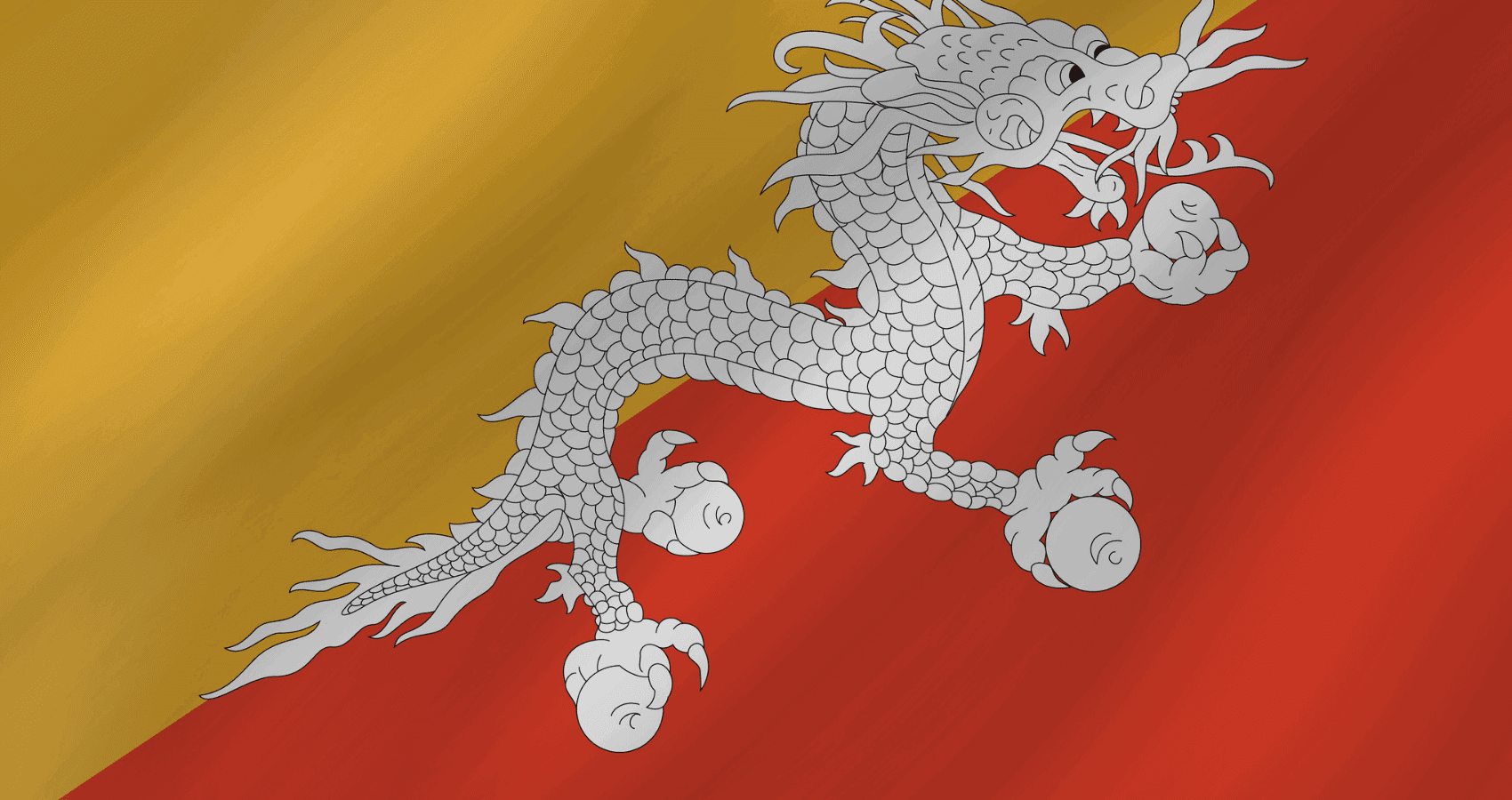The Royal Government of Bhutan expressed its commitment to responsible governance of the mining sector by joining the Intergovernmental Forum on Mining, Minerals, Metals and Sustainable Development (IGF).
“We are pleased to welcome Bhutan as the 70th member of the IGF,” said IGF Director Greg Radford. “Every nation which joins the Forum brings a unique perspective and adds depth to the dialogue. We look forward to Bhutan’s participation and applaud their efforts to leveraging mining for sustainable development.”
The IGF is a voluntary partnership that welcomes any member state of the United Nations.

Coined by the fourth king, His Majesty Jigme Singye Wangchuck, Gross National Happiness (GNH) is the guiding philosophy of Bhutan’s development process. The GNH at its core comprises a set of values that promotes collective happiness of the citizen as the end result of any development strategy. The GNH philosophy has four underpinning pillars, viz. sustainable economic development; preservation and promotion of culture and tradition; conservation of environment; and good governance, and all developmental activities are framed based on the four pillars. In 2011, the The UN General Assembly passed a resolution on happiness towards holistic approach to development urging member nations to follow the example of Bhutan and measure happiness and well-being and calling happiness a fundamental human goal and in 2012, declared 20 March to be the International Day of Happiness.
“The aim and objectives of the IGF is very much in sync with the philosophy of GNH, promoting sustainable and equitable socioeconomic development,” said H.E. Loknath Sharma, Minister of the Ministry of Economic Affairs of the Royal Government of Bhutan. “The mining sector in Bhutan is in the process of major reforms and the sector is identified as one potential area to diversify the source of economy of the nation and in bridging socioeconomic gaps.”
“We are joining the IGF to exchange and learn from the IGF and the member nations on good mining practices to realize sustainable mineral development which promotes inclusive growth, environmental stewardship, benefits sharing and social welfare,” he added. “We expect the IGF to assist and bring reforms in the sector for a healthy and sustainable mining.”
H.E. Loknath Sharma also stated: “We hope that the membership will also go a long way in developing a long term sustainable strategic plans for mineral development and in achieving our aspiration to realize the national goal of economic self-reliance by boosting revenue generation and economic opportunities.”
Background on the Situation in Bhutan:
Commercial mining started only in 1970s and are mainly concentrated in mining of basic and industrial minerals such as coal, limestone, gypsum, dolomite, quartzite and talc. India and Bangladesh remain the major market currently and the discovery of metallic minerals is limited to Copper, Tungsten and Lead-zinc. The entire country is not traversed geologically and thus there is scope of discovering more potential minerals, if mapped. The country has adopted the Mineral Development Policy 2017 and some of the key policy intent to reform the sector are:
- Review the existing law and regulation;
- Enhance geological mapping of the country through aeromagnetic survey;
- Strengthen the institutions, establish an independent Authority for regulatory purpose;
- Promote benefit sharing from mining with local community;
- Promote transparency and good governance in the mining sector
- Attract investment and promote value addition;
- Improve environmental stewardship.

